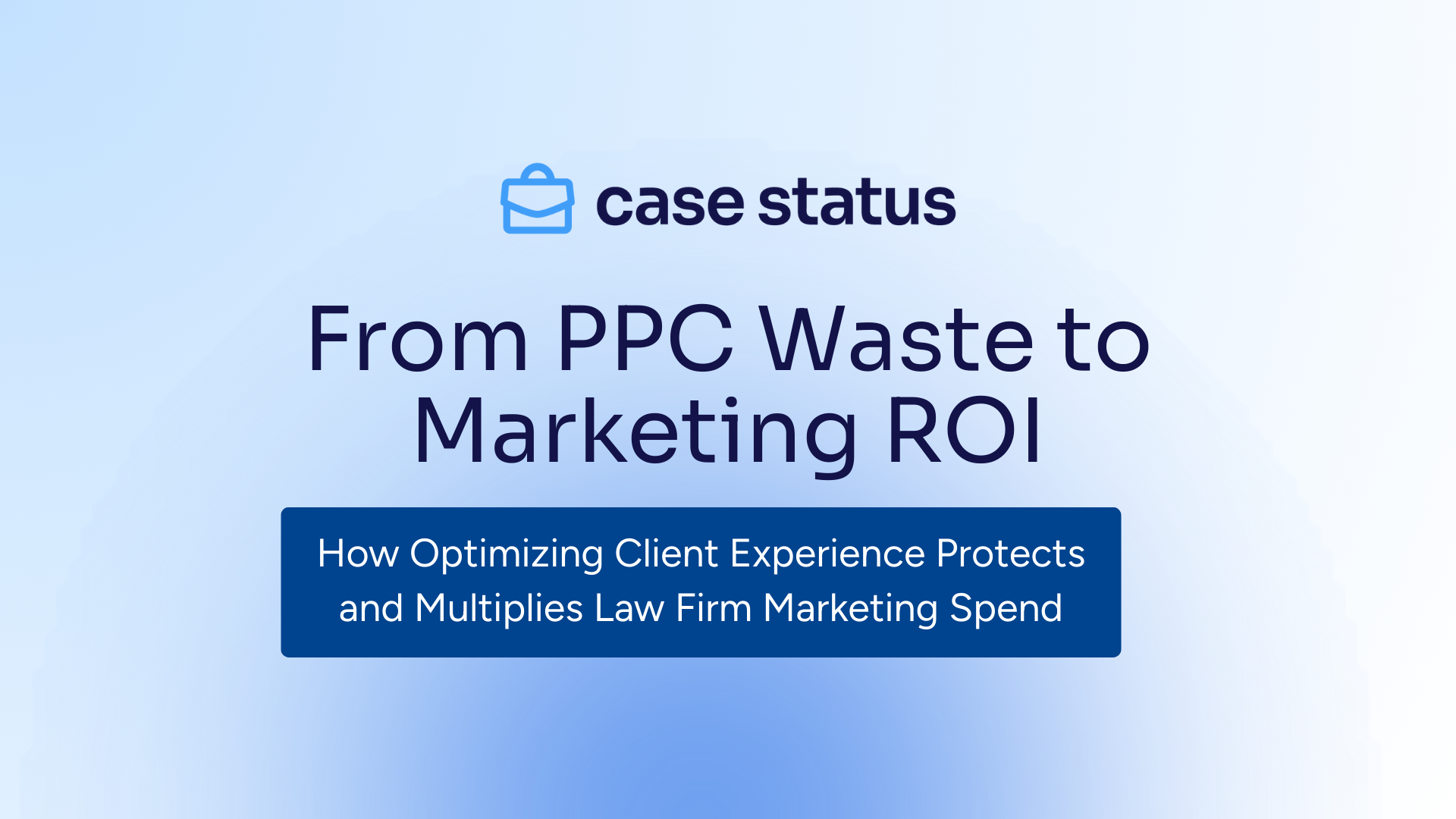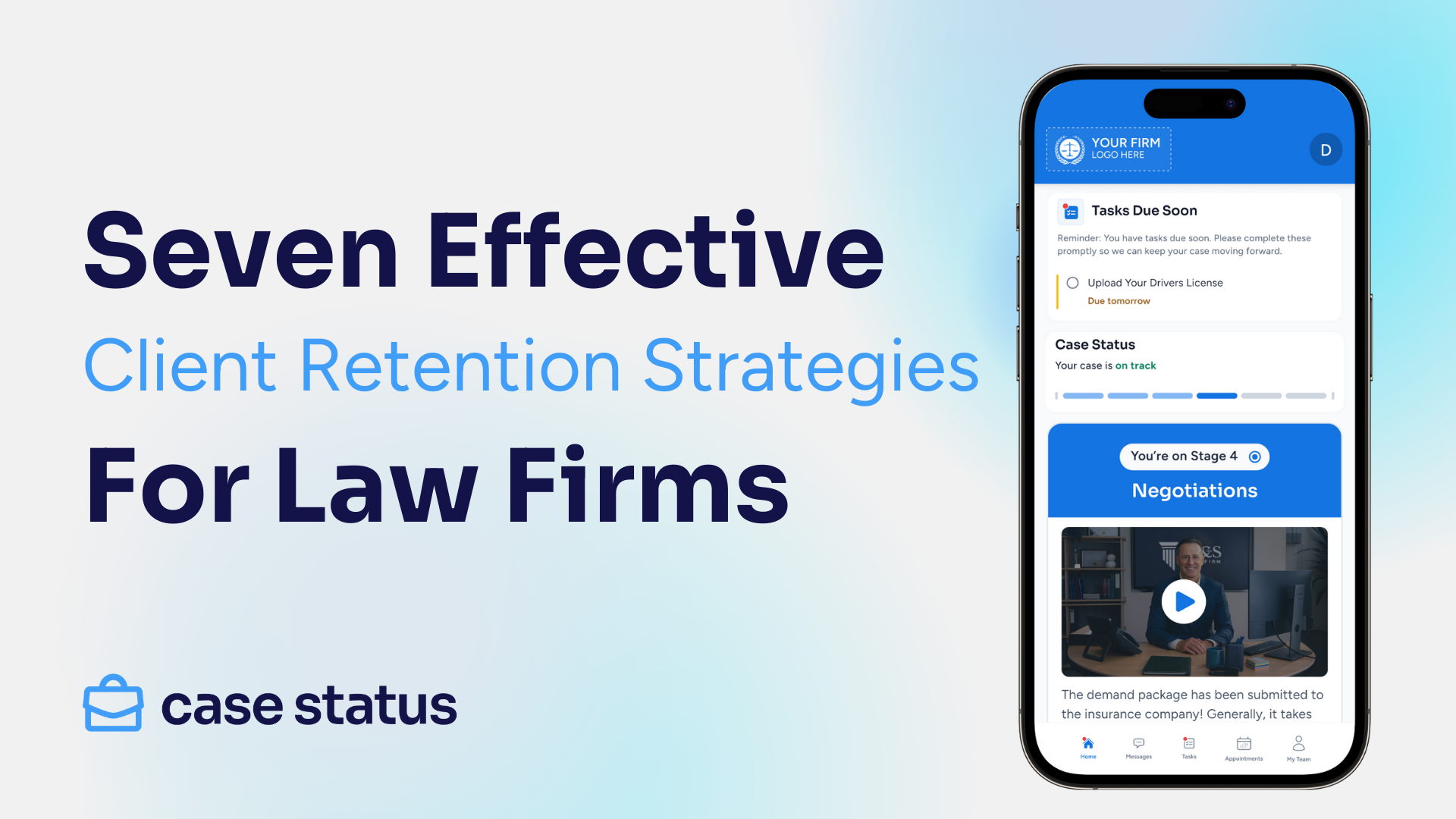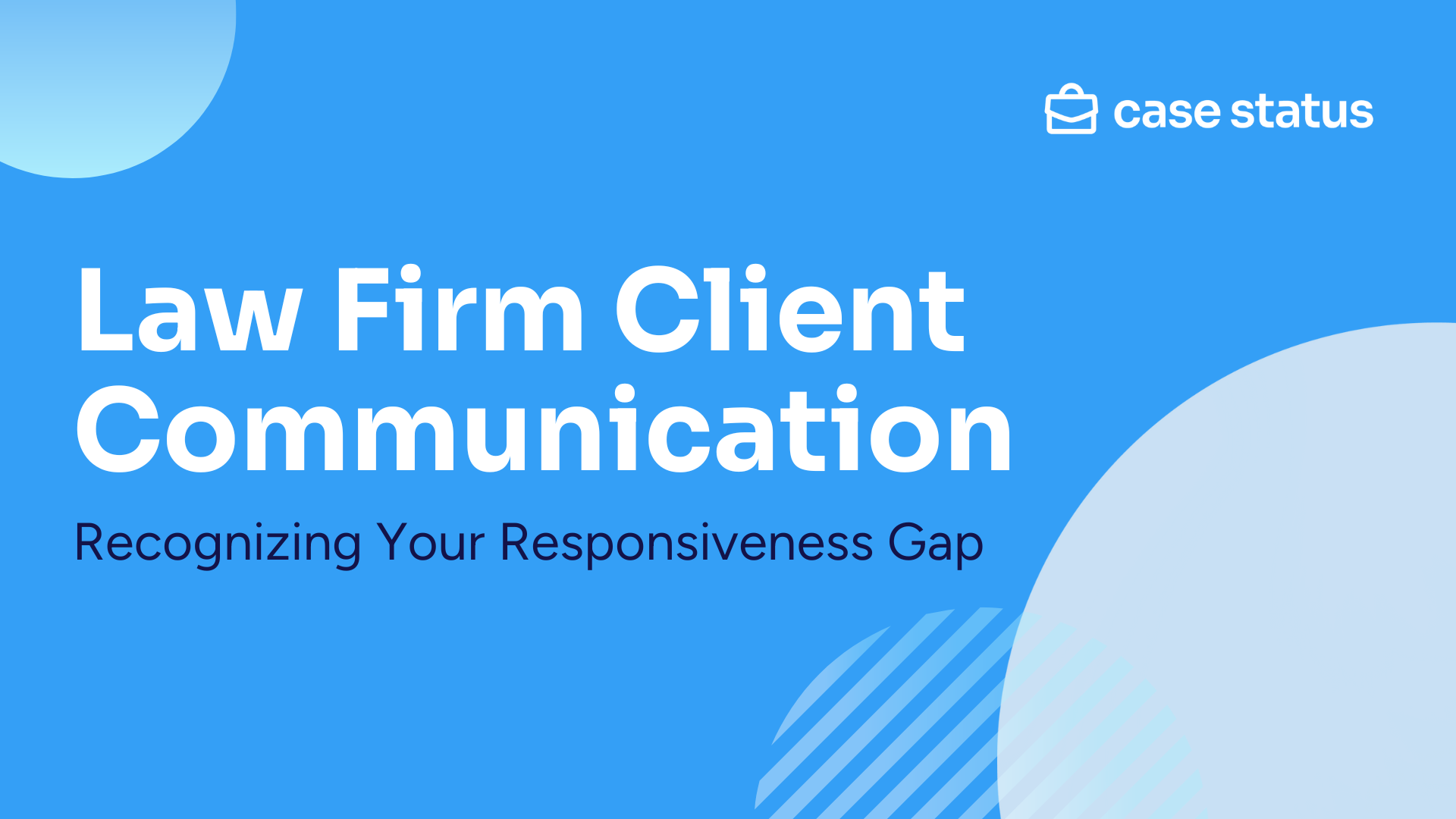
There are many types of legal software programs to choose from. Finding the best really depends on your budget, firm size, and personal needs. Some firms want an all-inclusive legal practice management software (LPMS) that does everything from automate billing to manage documents. Others are looking for something specific, like a client portal to improve communication or a legal calendaring software for easier time tracking.
Whatever your case is, there is a legal software out there for you. Read on to discover how the best tools for lawyers can transform law firm organization and allow you to provide greater service than ever.
What is something that all lawyers need?
Every modern attorney needs legal software programs to make their law firm easier to run. If you want to grow, then you need tools that can handle an influx of clients without jeopardizing your firm’s efficiency.
At the same time, you need tools that will facilitate your job and strengthen the lawyer-client relationship. Case Status provides a mobile portal that allows lawyers to connect with their clients through a custom-branded app. Clients are able to see their case status and updates with the click of a button, and in turn drastically cuts down on calls and emails.

What is legal case management software?
When it comes to legal management software, lawyers have plenty of options. An attorney or law firm manager can purchase a subscription to a software and have their entire business connected in a matter of hours.
The onboarding process may seem daunting, and coupled with a learning curve, many firms delay adopting the very technology that would revolutionize their practice. Rather than delay integration, consider how using law firm technology would make your entire life easier.
Client relationship management (CRM) software allows you to manage leads and guide new clients to conversion. Automated emails and reminders can coax potential clients through your pipeline, and your firm only has to take action when someone is ready to consult.
Then there are legal practice management tools that include everything from billing and report generation to marketing and calendaring. The choice is yours when it comes to what features you use and how you implement them into your firm.
What does legal software do?
Legal software improves law firm organization by delivering automated solutions to essential but time-consuming tasks. The primary goal of legal software is to address processes firms rely on that can become difficult to manage manually. Rather than burdening staff with mounting responsibilities, a firm can incorporate tools that streamline practices and lighten workloads.
Meanwhile, the best tools for lawyers help improve case planning and management, as well as reduce the chance of lawyer burnout. With legal technology, attorneys can produce greater results for their clients while saving hours per week in phone calls, meetings and administrative work.
Some of the core features you will find in legal management software are:
- Document management
- Cloud-based document storage
- Collaboration software
- E-signature features
- Online payment options
- Legal billing tools
- Automated calendaring
- Client intake management
- History tracking for every case
- Time tracking
- Expense management
- Legal docketing
The best tools for lawyers will integrate with software they already use every day, like Microsoft Word, Outlook, Gmail, and QuickBooks. With so many integrations available, it’s easier than you might think to find a software that will easily fit into your firm’s current legal operations.
What is the most popular legal software?
There is a wide range of legal software that can improve your firm's operations. A legal practice management software is the most comprehensive type of tool you can implement. Within this suite, you will find a host of features such as billing calendaring, marketing analytics, research assistance, and much more.
Lawyers tend to spend most of their time performing administrative duties when they really should be focusing on building strong cases that will help their clients get the results they're hoping for. The only way for a lawyer to improve their productivity is to manage their time more effectively.
The most popular legal software, such as Clio, make it easier for any busy attorney to do their job without compromising the quality of their service or their clients’ experience.
Additional tools commonly used by lawyers are Microsoft Word, QuickBooks, PowerPoint, and a host of legal programs, such as Litify, Filevine, Meruscase, Casepeer, SmartAdvocate, Mycase, and Assembly Neos.
Depending on your needs, you can find a legal software that will offload monotonous work and accelerate your most essential yet time-consuming tasks.
If you’re looking for a client portal that can improve your firm’s ratings, learn more about Case Status. Our platform is designed for legal clients but made with attorneys in mind. Recognizing how disorganized communication can become, we set out to design a legal client app that would make lawyer-client relationships more rewarding on both ends.
Our program is compatible with the leading legal software programs, too, so you can sync all your client information and data automatically. The Case Status team can walk you through the entire process and offer unlimited support.
Ready to learn more? Click here to learn more, or contact us today to connect with a member of our team.



